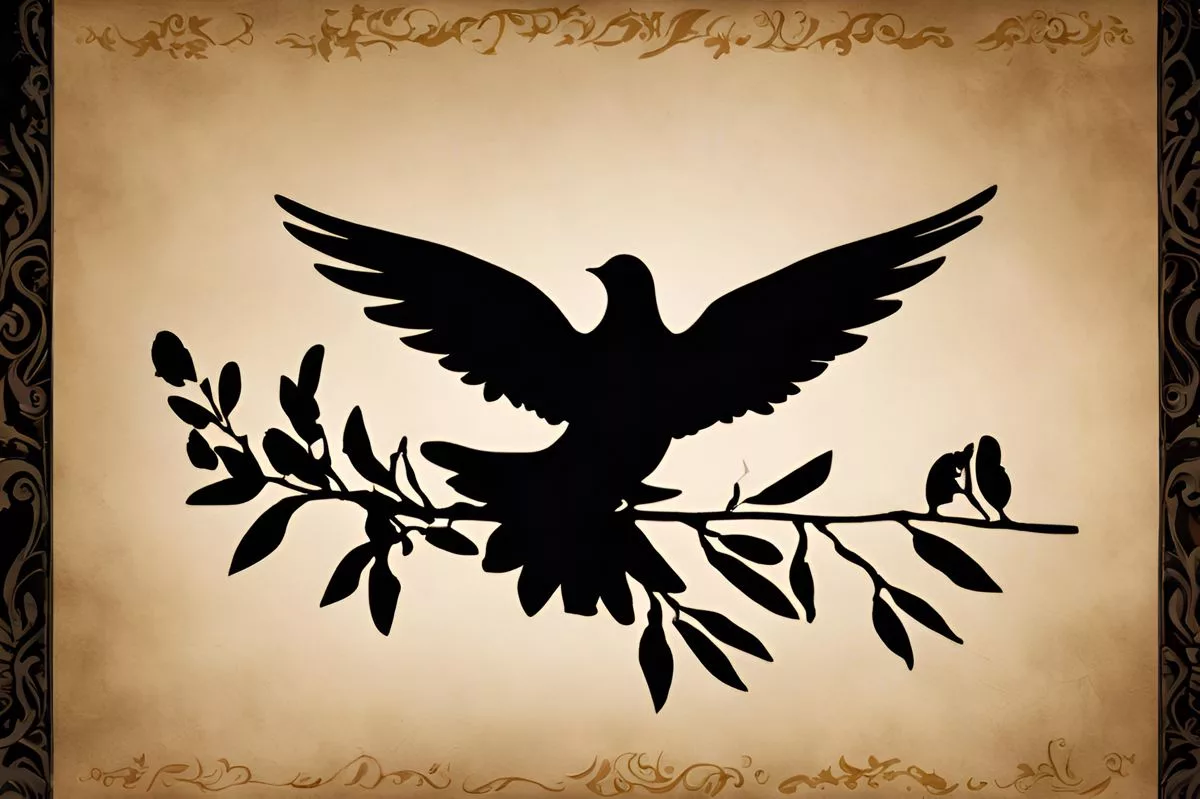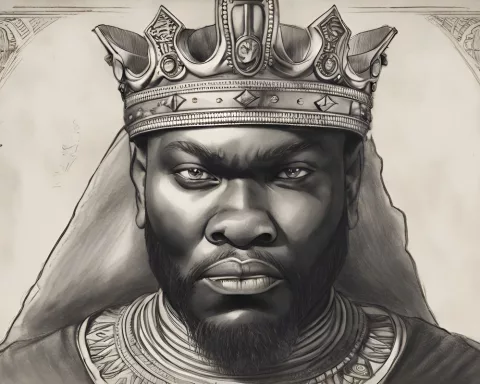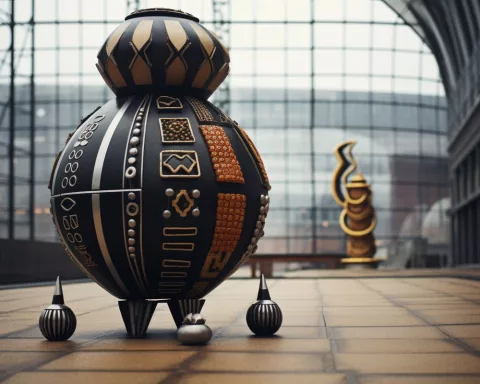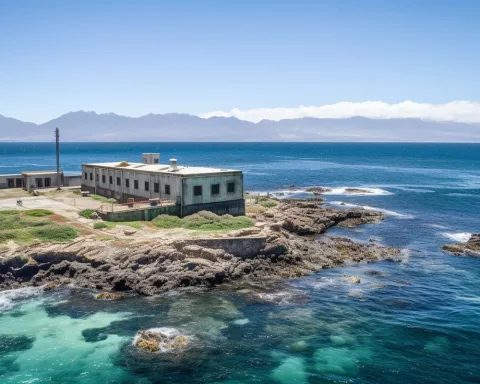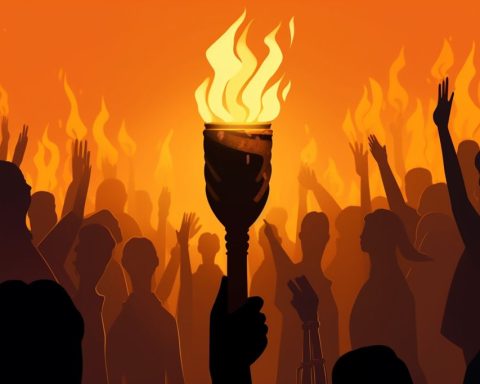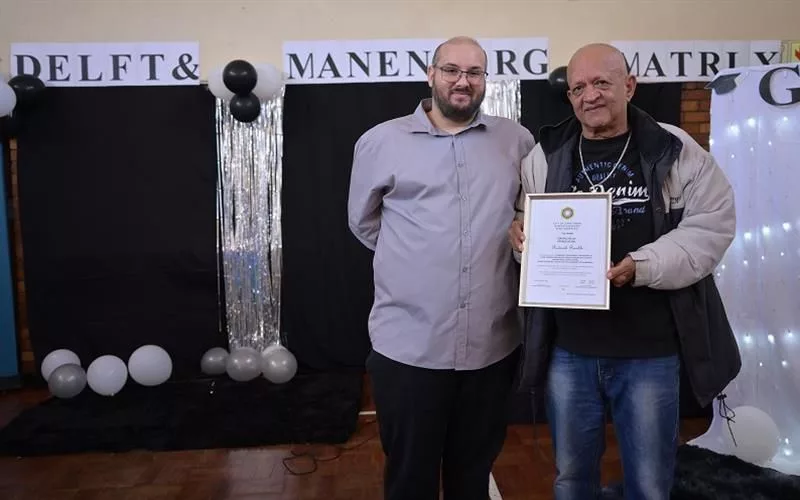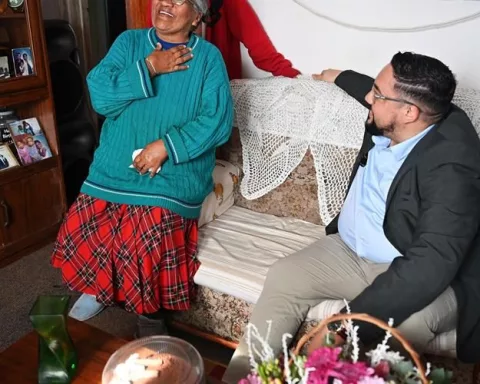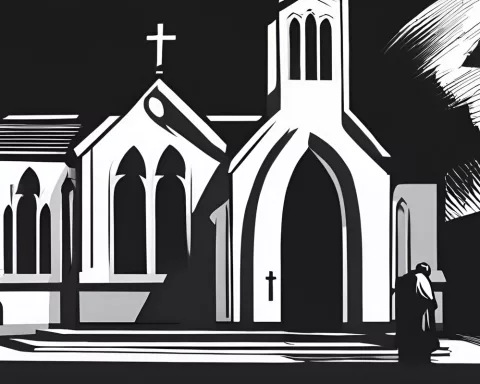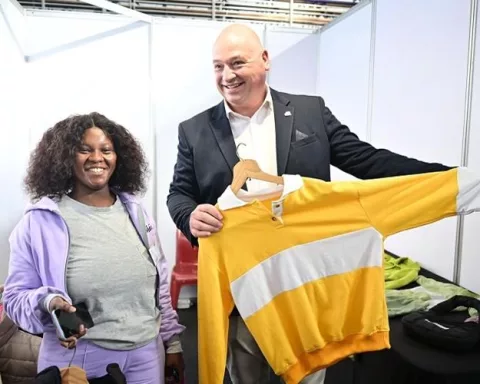In a historic event in 2024, President Cyril Ramaphosa presented the National Orders at the Sefako Makgatho Guest House in Tshwane. The awards recognized individuals, citizen or non-citizen, for their significant contributions to shaping the nation in various fields, including business, science, medicine, community service, the arts, culture, and sports. Esteemed figures and officials attended the event, and the recipients were acknowledged as national heroes for their selfless acts towards social justice, equality, and human dignity for all.
A Historic Milestone: The 2024 National Orders Presentation
In 2024, the Sefako Makgatho Guest House in Tshwane was host to a historic event – the presentation of the National Orders. President Cyril Ramaphosa bestowed the highest form of recognition on individuals, citizen or non-citizen, for their significant contributions to shaping the nation. Recipients were awarded for their contributions to business, science, medicine, and community service, as well as the arts, culture, and sports.
The year 2024 marked a significant milestone in South African history, specifically at the Sefako Makgatho Guest House in Tshwane. This location was the backdrop for a memorable event – the presentation of the National Orders. Bestowed by the country’s Grand Patron, President Cyril Ramaphosa, the National Orders are the highest form of recognition an individual, whether a citizen or non-citizen, can receive for their substantial contributions to shaping the nation. This noteworthy ceremony celebrated the individuals whose efforts and sacrifices paved the way for the current democratic freedom that South Africans enjoy today.
Esteemed Attendees and Honourable Recipients
The event was graced by the presence of some of the nation’s most esteemed figures and officials. Among them were Deputy President Paul Mashatile, various Ministers and Deputy Ministers, Members of Parliament, and the Chancellor of National Orders, Ms. Phindile Baleni. The atmosphere was thick with an air of respect, excitement, and expectation as the country’s real heroes and heroines nervously waited to receive the accolades they so rightly deserved.
The ceremony also marked the 30th anniversary of the hard-earned freedom and democracy that the nation enjoys today. This glorious journey, marked with courage, resilience, and noble feats, was a tribute to the brave individuals recognized in the preamble of the country’s Constitution. These distinguished individuals suffered for the cause of justice and freedom, laying the foundation of the affluent, free South Africa that the citizens are privileged to enjoy today.
President Ramaphosa commended these heroes and heroines, stating that the country is forever in their debt. Their invaluable contributions to society and the crucial role they played in the birthing of modern South Africa were the reasons why such National Orders were bestowed. These orders were not just for show or a pursuit of fame, but a tangible recognition of selfless acts. These acts emerged from a deeply-rooted desire for social justice, equality, and human dignity for all.
Diverse Honours for Diverse Contributions
The National Orders were awarded to a diverse group of individuals, all nominated by the people of South Africa. This nomination process signifies their recognition as true national heroes. Among the awardees were recipients of the Order of Mendi for Bravery, an honour reserved for individuals who demonstrated exceptional courage. Posthumously recognized, these individuals were anti-apartheid activists who displayed extraordinary bravery during the darkest days of apartheid repression.
The Order of Luthuli was conferred upon individuals who contributed significantly to the fight for democracy, human rights, nation-building, justice, and peace. The heart-rending story of Ms. Nokuthula Simelane, one of the recipients, was remembered. Simelane was brutally abducted and tortured by the apartheid Security Branch, her remains never found. Her story is a chilling reminder of the enduring scars of apartheid that continue to affect the lives of South Africans.
In the arts and culture sector, the Order of Ikhamanga recognized South Africans who had excelled in the fields of arts, culture, literature, music, journalism, and sport. Thirty years into freedom, the democratic strides made in ensuring free and independent media were acknowledged. Renowned journalists, who served as the voice and conscience of oppressed people, were honoured for setting the bar for media ethics and freedom.
The Order of the Baobab was awarded to those who had made a significant impact in business, economy, science, medicine, technological innovation, and community service. These individuals used their skills and knowledge for the betterment of society and the pursuit of social justice. The Order of Mapungubwe was given to individuals who had shown excellence in scientific research, benefitting both South Africa and the world at large.
The Order of the Companions of OR Tambo was awarded to friends of the South African people who resided outside the country. Their moral responsibility to oppose apartheid drove them to perform acts of solidarity for the liberation struggle. Journalists, campaigners, fundraisers for the anti-apartheid movement, and activists who initiated the sports boycott against the regime were recognized.
A Symbol of National Honour
By the powers vested in him by the Constitution of the Republic of South Africa, President Ramaphosa was able to confer the National Orders, thereby honouring the recipients as esteemed Members of the Orders. The people of South Africa paid tribute to these individuals for their priceless contributions to the nation. Their inspiring stories will continue to motivate future generations, serving as a constant reminder of the trials and triumphs that have shaped the nation.
1. What are the National Orders?
The National Orders are the highest form of recognition an individual, whether a citizen or non-citizen, can receive for their substantial contributions to shaping the nation.
2. Who presented the National Orders in 2024?
President Cyril Ramaphosa presented the National Orders in 2024 at the Sefako Makgatho Guest House in Tshwane.
3. Who were the recipients of the National Orders?
The National Orders were awarded to a diverse group of individuals, all nominated by the people of South Africa, who made significant contributions in various fields, including business, science, medicine, community service, the arts, culture, and sports.
4. What were the different categories of National Orders?
The National Orders were divided into various categories, including the Order of Mendi for Bravery, the Order of Luthuli, the Order of Ikhamanga, the Order of the Baobab, the Order of Mapungubwe, and the Order of the Companions of OR Tambo.
5. Who attended the National Orders Presentation?
The event was attended by esteemed figures and officials, including Deputy President Paul Mashatile, various Ministers and Deputy Ministers, Members of Parliament, and the Chancellor of National Orders, Ms. Phindile Baleni.
6. What is the importance of the National Orders?
The National Orders are a symbol of national honour, conferred upon individuals who have made significant contributions to shaping the nation. The recipients are acknowledged as national heroes for their selfless acts towards social justice, equality, and human dignity for all.

